Feature
Sarah Small: Tuning into climate change
Share this
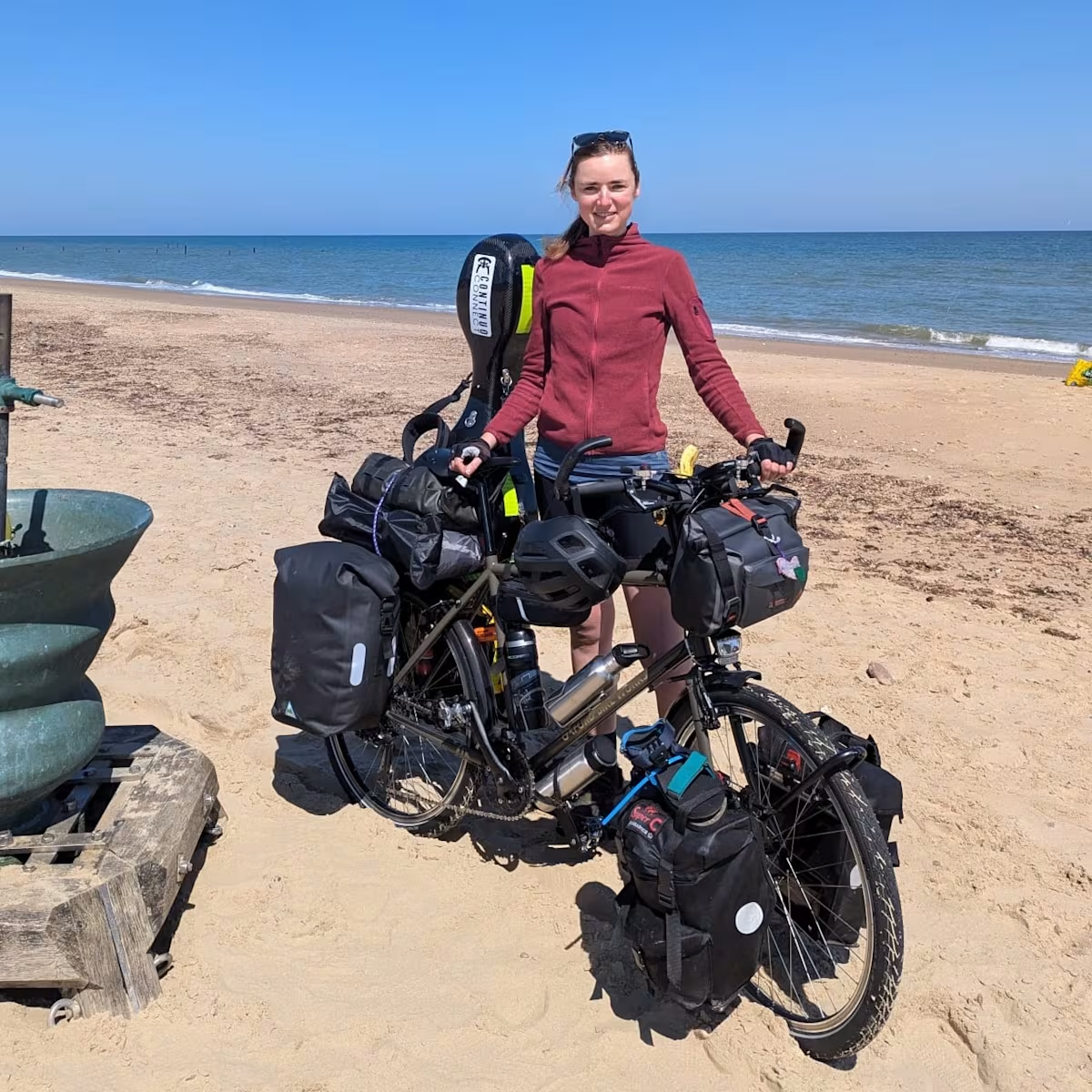
BY SARAH SMALL | FIRST PUBLISHED 31 OCT 2025
Acclaimed British viola da gamba player, Sarah Small reflects on the highlights and challenges of her successful concert tour 'Good Again?', which involved her cycling with her instrument to 31 venues the length and breadth of Britain, stimulating discussion about climate change along the way.
I wanted the Good Again? project to be about the climate crisis and our role as musicians in effecting change – especially in how we travel. The more opportunities we have to talk about what might be possible, the more it feels like we can make a difference. When I was planning the tour, I didn’t set any concrete goals. It was more about the experience, the conversations, and just being out there doing something.
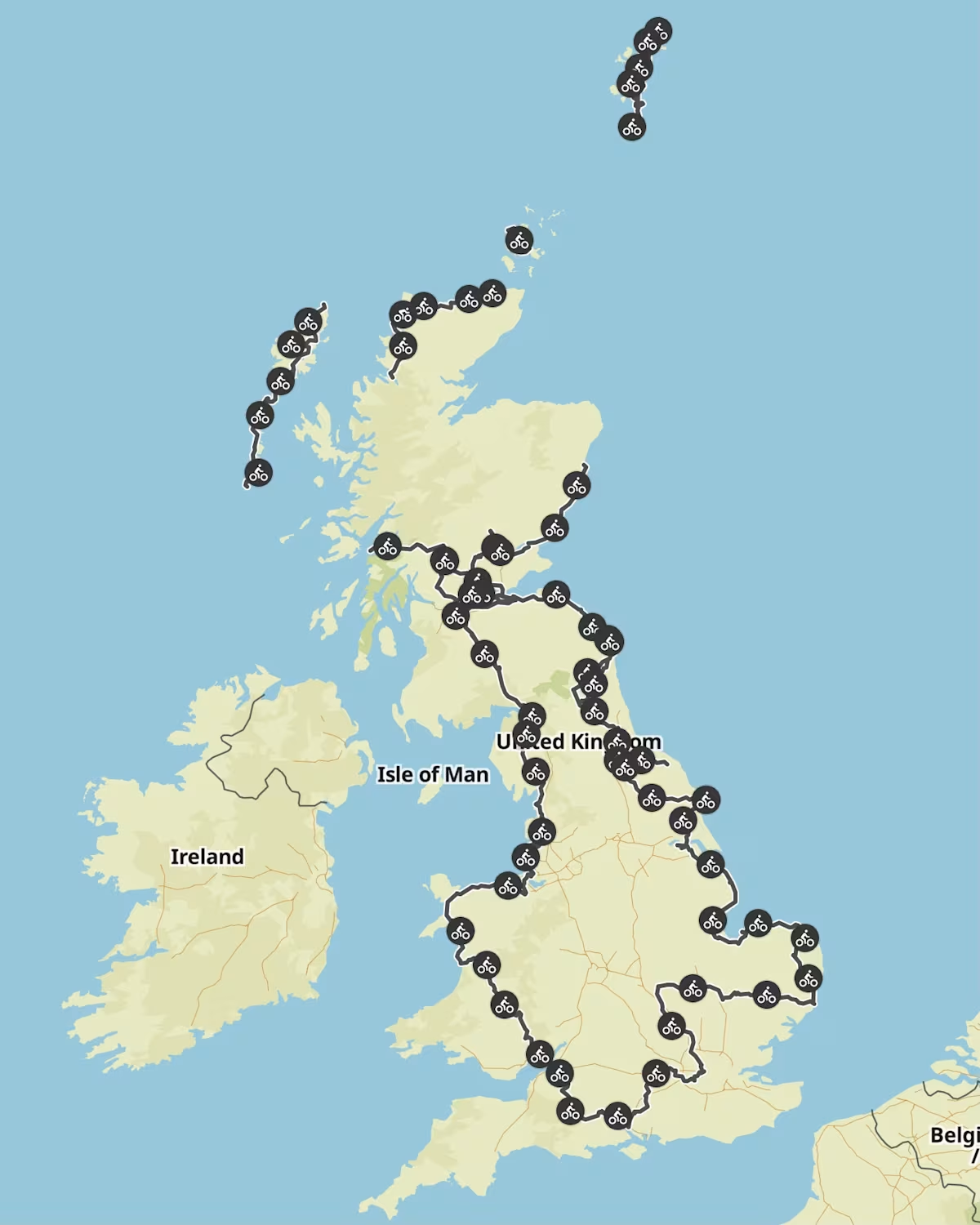
Along the whole route, the audiences were wonderful. Most had never heard a gamba before. I didn’t lecture them about composers and dates; I spoke about emotions, the environment, instability in the world. That gave people a way into the music. The programmes I played were chosen carefully. Lots of ground bass patterns, which felt like the earth, like stability. Then melodies that shifted depending on where I was and what I was feeling.
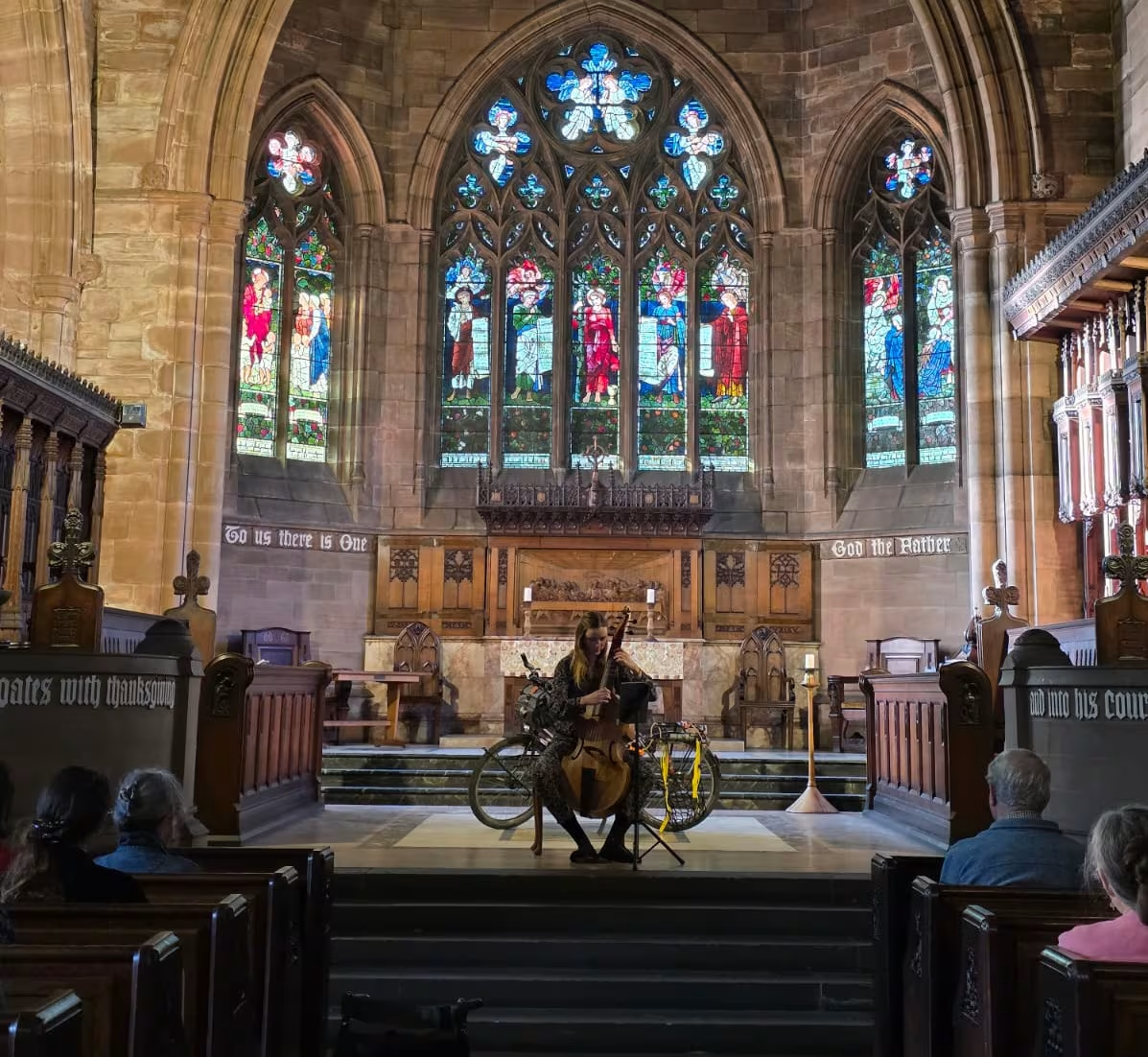
I encouraged people to cycle or take public transport to my concerts if they could – though in rural places that wasn’t always available, sadly. In Edinburgh the venue was surrounded by bikes because almost everyone cycled there. In Shetland, it was a wild mix of crofters, holidaymakers, and people working on the Spaceport. Rural audiences especially came out of curiosity – a sense of something unusual happening. In Wales, an audience actually whooped – no-one ever whoops at a gamba concert!
My experience of being on my bike so much gave me an intimate connection to the environment. You’re out in the elements, moving at just the right speed to see things. I picked up on unusual weather that way. In early May, it hit a record-breaking 32 degrees. If I’d been in a car, I might not even have noticed. I wanted the tour to be physically demanding. I love to challenge myself when cycling and wanted the days to be hard.
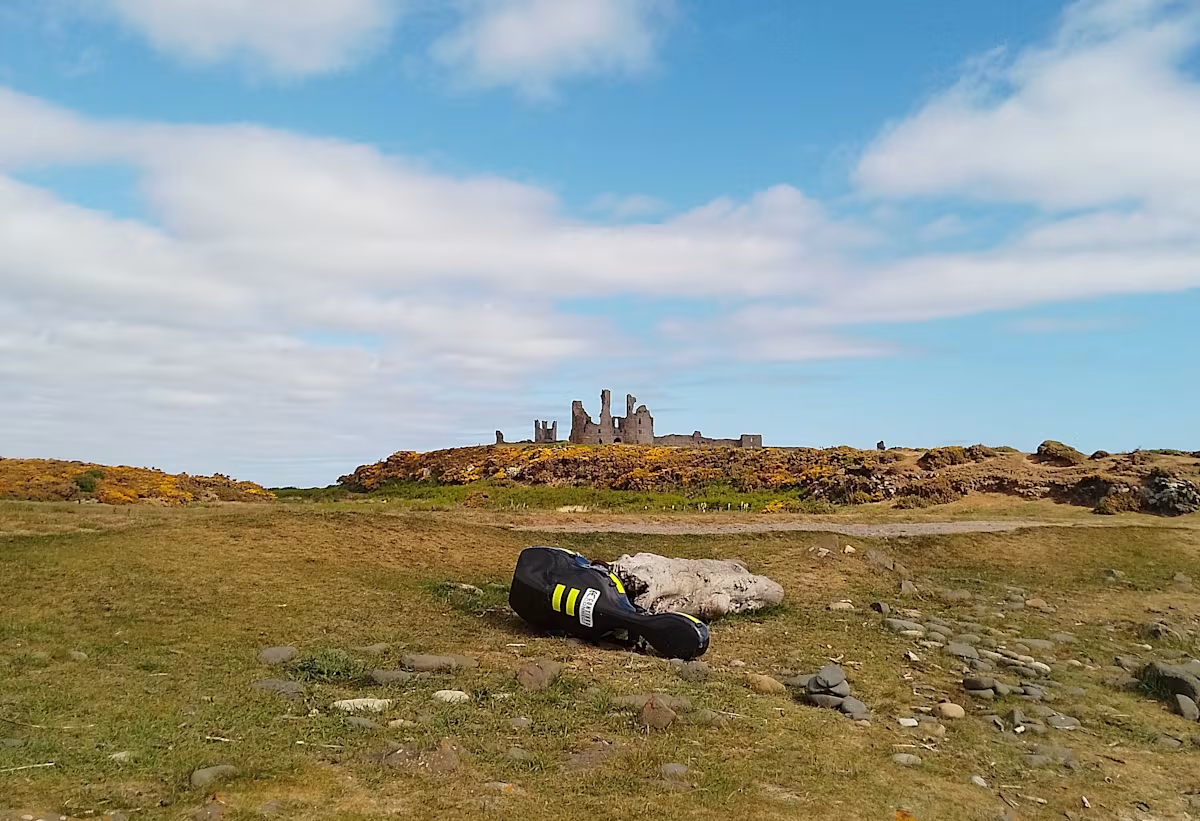
My gamba, which was strapped to the bike, felt like a companion. Normally when I travel for concerts, I miss my bike. When I travel as a cyclist, I miss my gamba. Having them together was perfect. I was camping quite often, and though you can’t really play in a tent, just having the instrument with me helped. The gamba held up well along the journey. I tested the set-up beforehand, worried about vibration and heat. Even on a 36-degree (according to my Garmin) day when the case warped, the instrument was fine. Most of the time it even stayed in tune, thanks to Aquila’s non-gut strings!
One of the lovely surprises of the tour was discovering how people found their way to my concerts. As I was cycling back across the causeway from Lindisfarne, a couple drove past, noticed the Continuo Connect sticker on my bike case, looked it up later, and ended up coming to my concert in Bristol! Something similar happened in the Outer Hebrides, where walkers who’d seen me on the road turned up to listen a few days later.
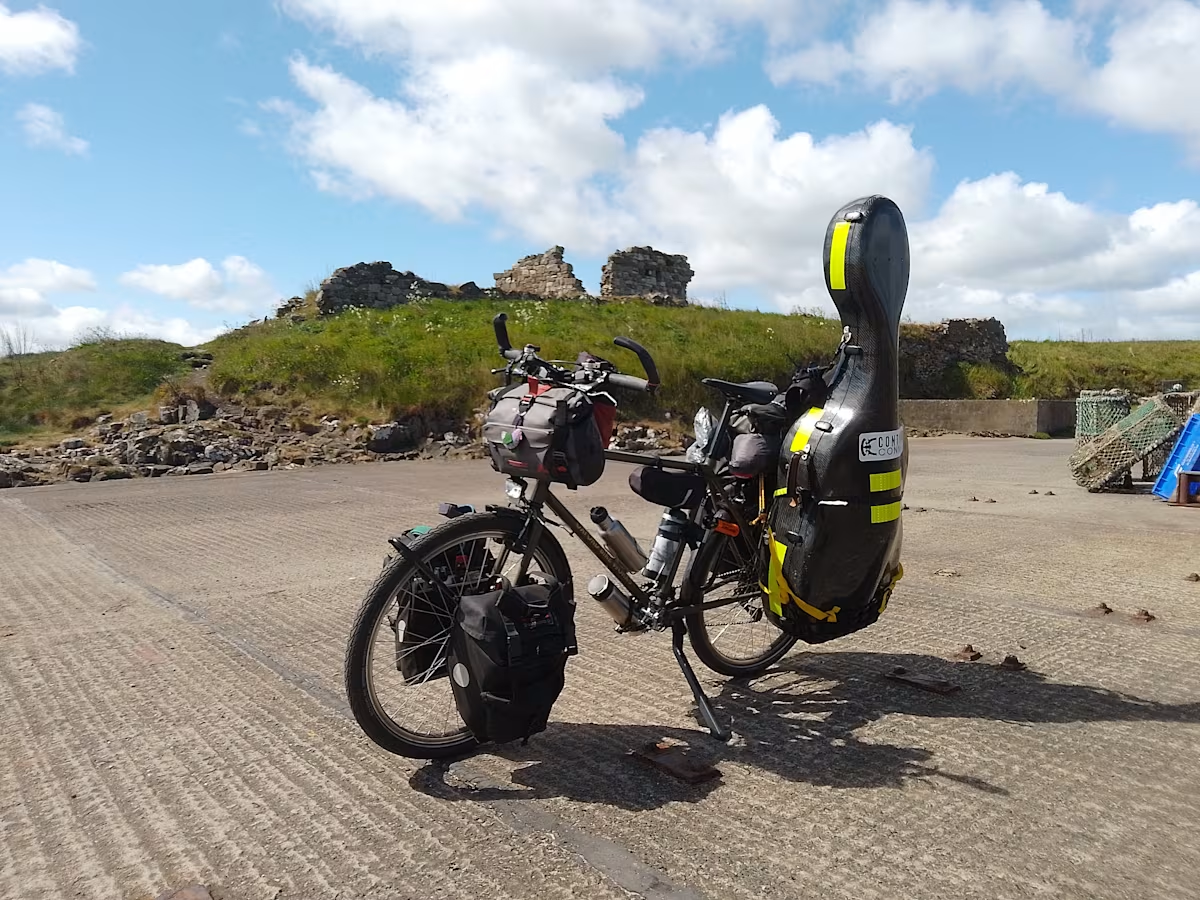
There were so many highlights. Playing in Bangor’s gallery that has quickly become a cultural hub for the local community, and even cycling there alongside the creator of the AirPannier (the strap system that carries my gamba) – that was special, and came at the point in the tour when that kind of boost was much needed. I tried to choose venues that were rooted in their communities, often with environmental projects, rather than just halls. The Hanging Gardens in Mid Wales was magical. And of course the Outer Hebrides – the landscape, the ferries, the same faces reappearing along the way. It never felt lonely.
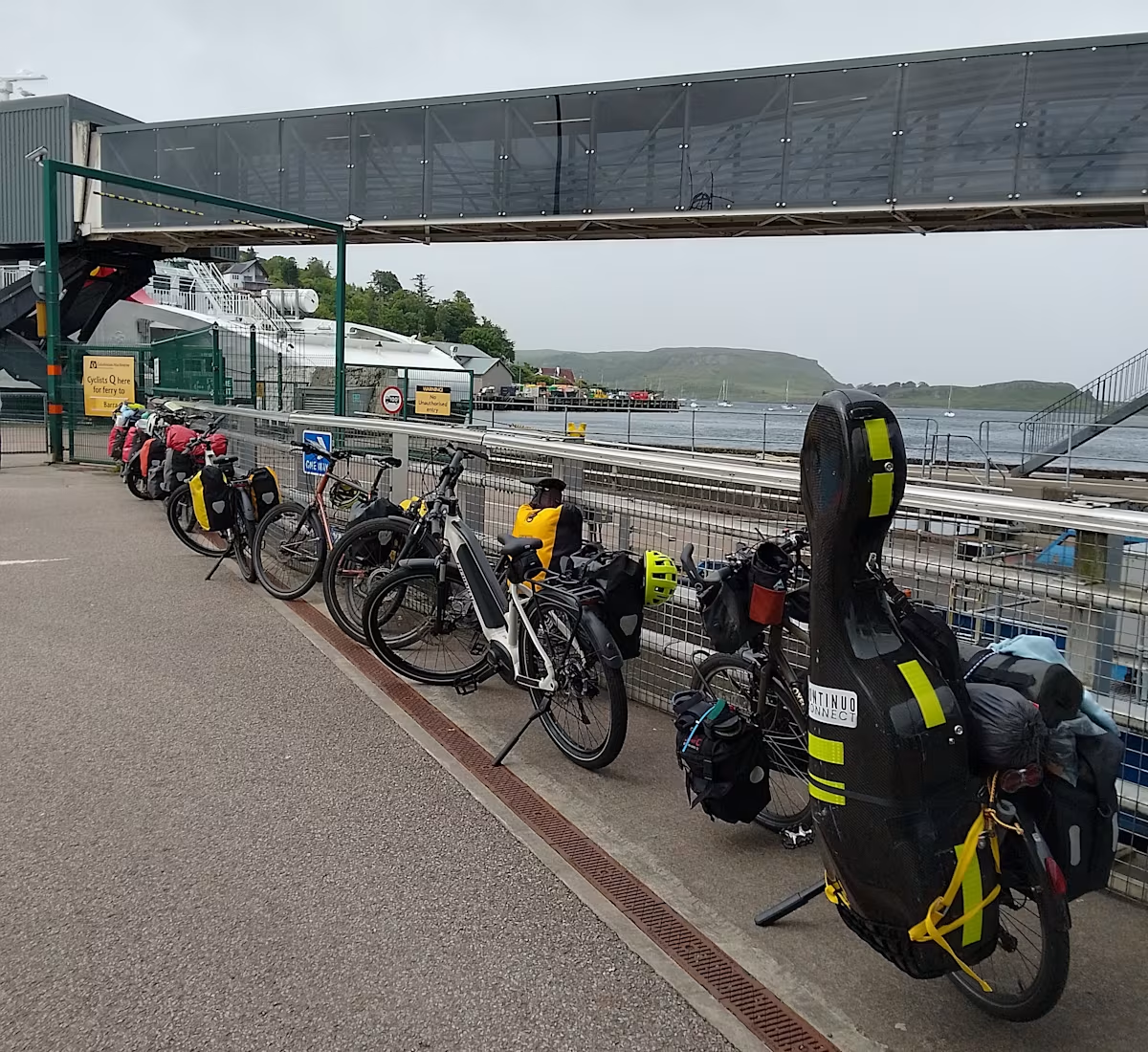
Performing after a long, exhausting bike ride was tough. In Scotland I had storms, ferry delays, then concerts five days in a row. Sometimes I’d arrive thinking, ‘How am I going to do this?’ with physical energy to play, but not always enough mental energy for talking during and after the performances, and then finding somewhere to sleep that night. Sometimes I had nowhere arranged to stay, which was stressful. But people were kind. After concerts they often offered food and a bed. I tended not to resist these offers, and met wonderful people that way. By the second half of the tour, I was feeling quite burned out. If I did it again, I’d try to build in more rest time – though I’m not great at days off.
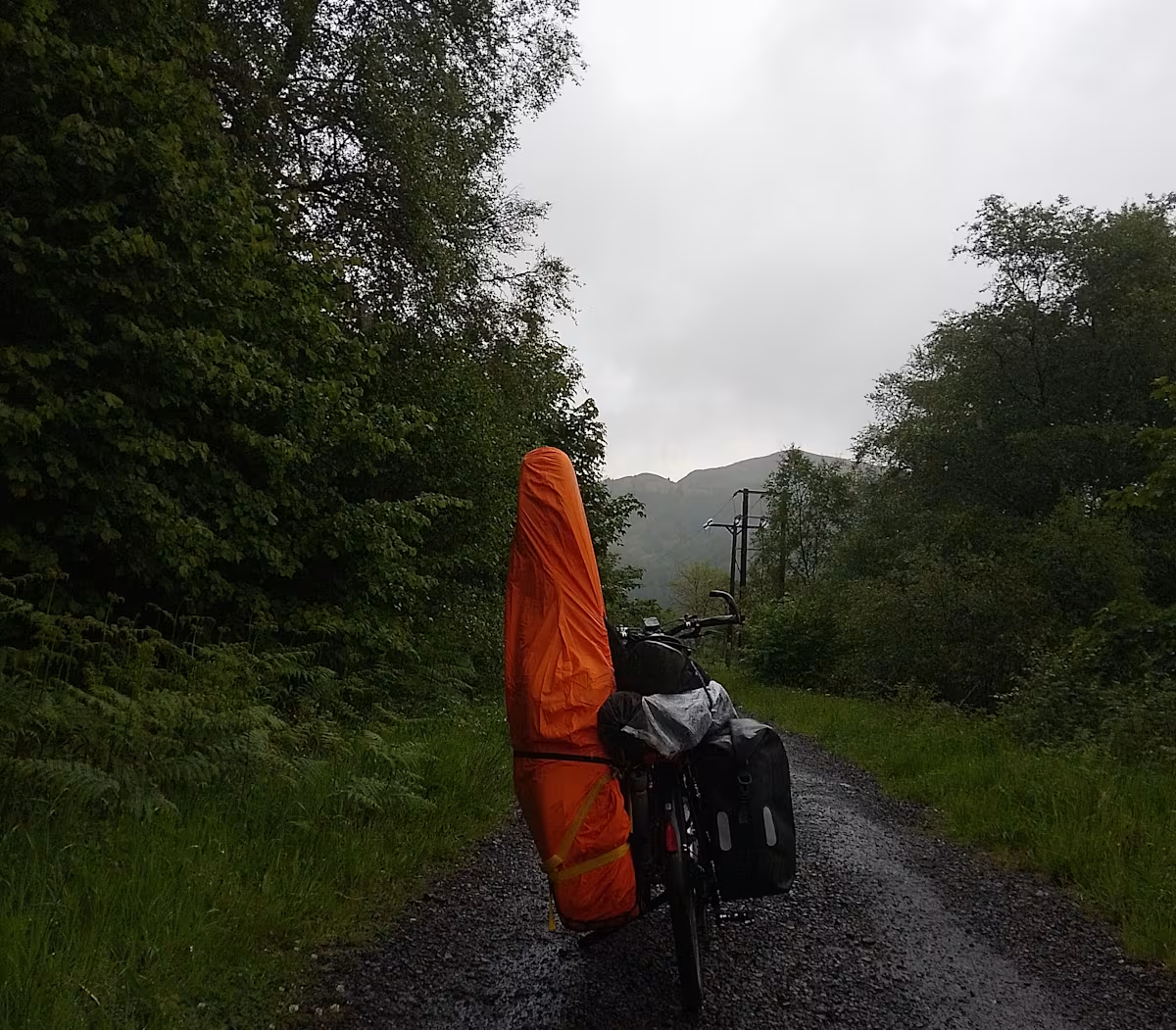
Reaching Southampton, the original end point, was emotional. The reality of Good Again? ending soon suddenly hit, along with a sense of panic – what now? I’d been dreading the finish. Then when I got there it felt like relief but also panic – what now? But it wasn’t the end. Just a pause. Since then, I’ve cycled and played around France, having crossed the Channel by sailboat with the Saillink ferry, and I’m already planning another tour around Ireland and down to Spain.
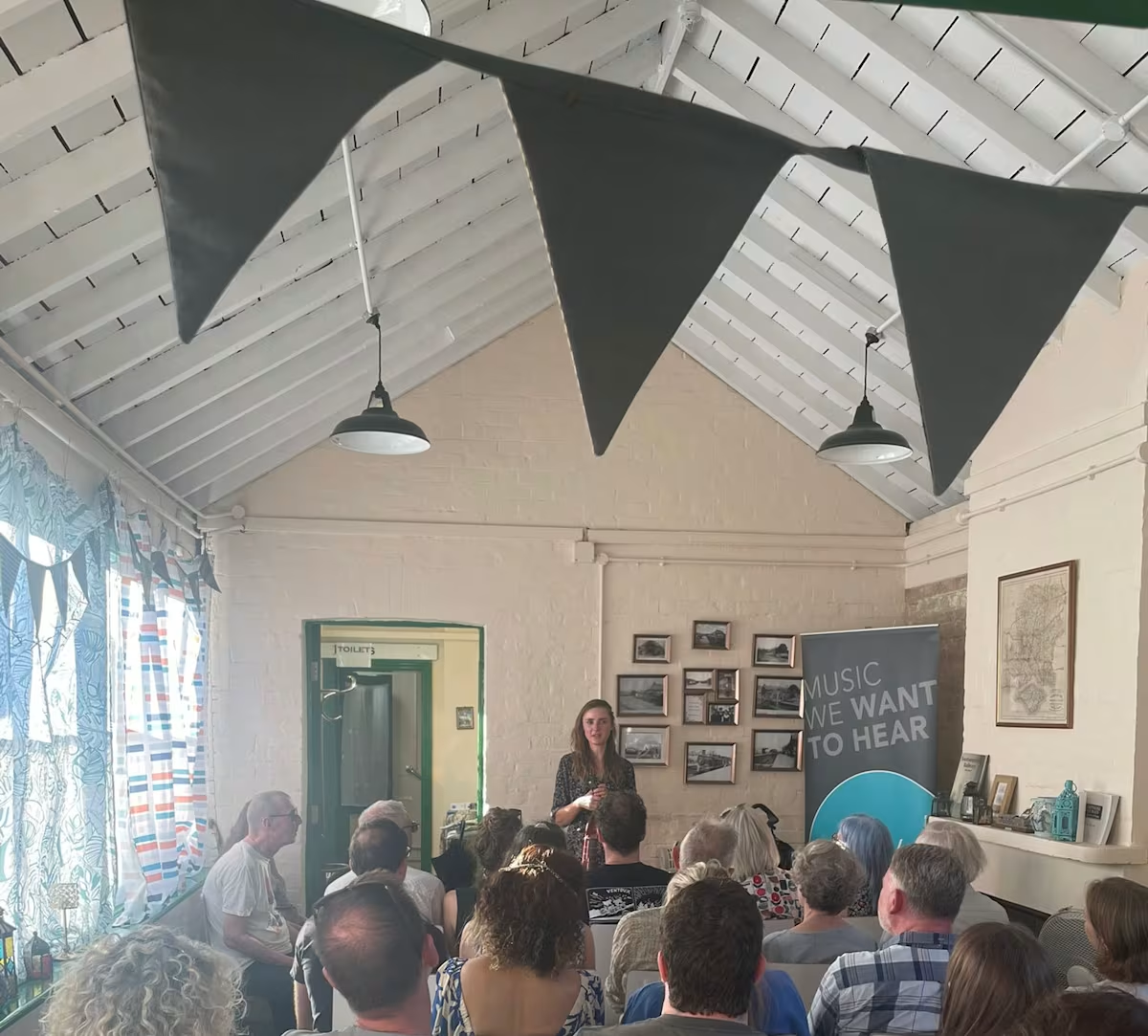
The tour also led to invitations to speak at universities about sustainability in the arts. I don’t think every musician should do what I did, but I want to show students there are many ways to build a career and use our creative voices, and that our choices matter.
Looking back – the cycling, the music, the people, the conversations – it all came together in a way I couldn’t have planned. It wasn’t easy, but rarely is anything that’s worth doing. I wouldn’t have wanted it to be easy. People asked me if I feel I’ve made a difference. I think I have, especially in those small conversations with strangers on the road. In-person interactions stay with us for longer than anything shared online, and are often powerful catalysts for change. Even now I often cycle to concerts, sometimes 250 kilometres in a round trip. It doesn’t always make sense, but it feels right!
Sarah Small completed her Good Again? cycling tour in July, giving her final concert in Northampton, where she began the journey in May. The Continuo Connect team was cheering Sarah on and helping her with publicity, concert promotion and documenting her journey.
Share this
Keep reading
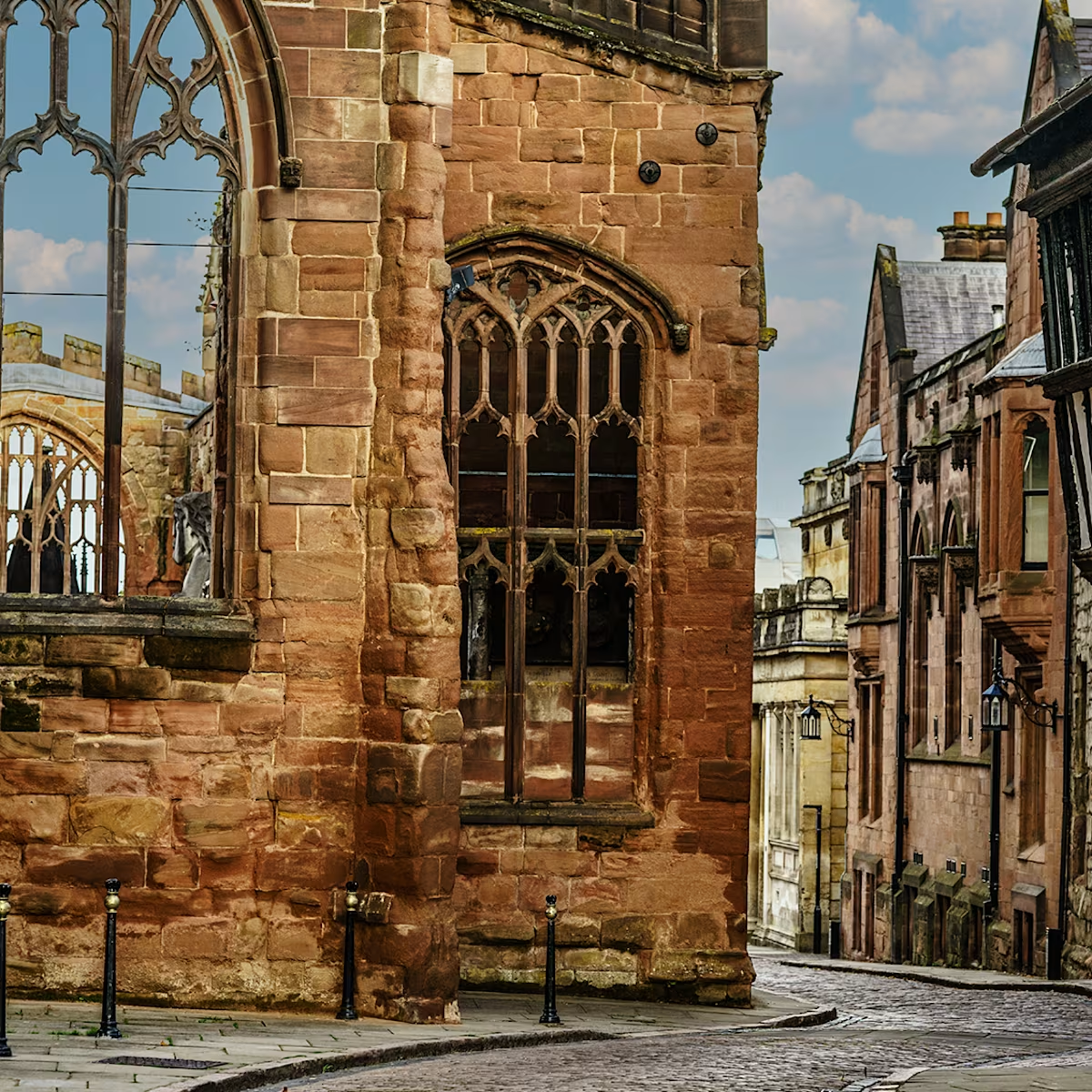
Historical performance in a virtual space
In September 2025, the Aural Histories project (funded by the Arts and Humanities Research Council) launched Aural Histories: Coventry.
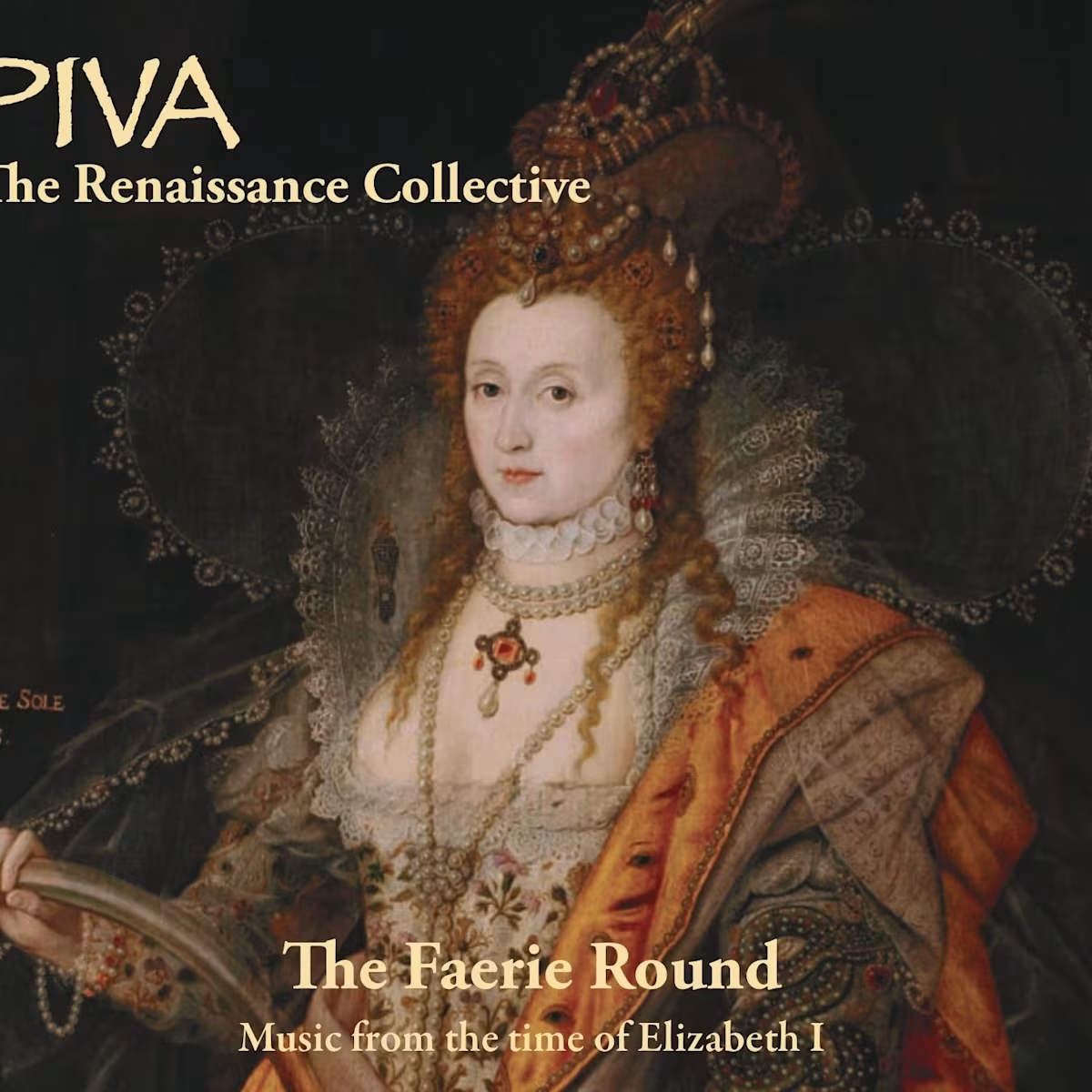
The Faerie Round: Music from the time of Elizabeth I
PIVA – The Renaissance Collective’s third album features dance and ballad music from late Elizabethan England.
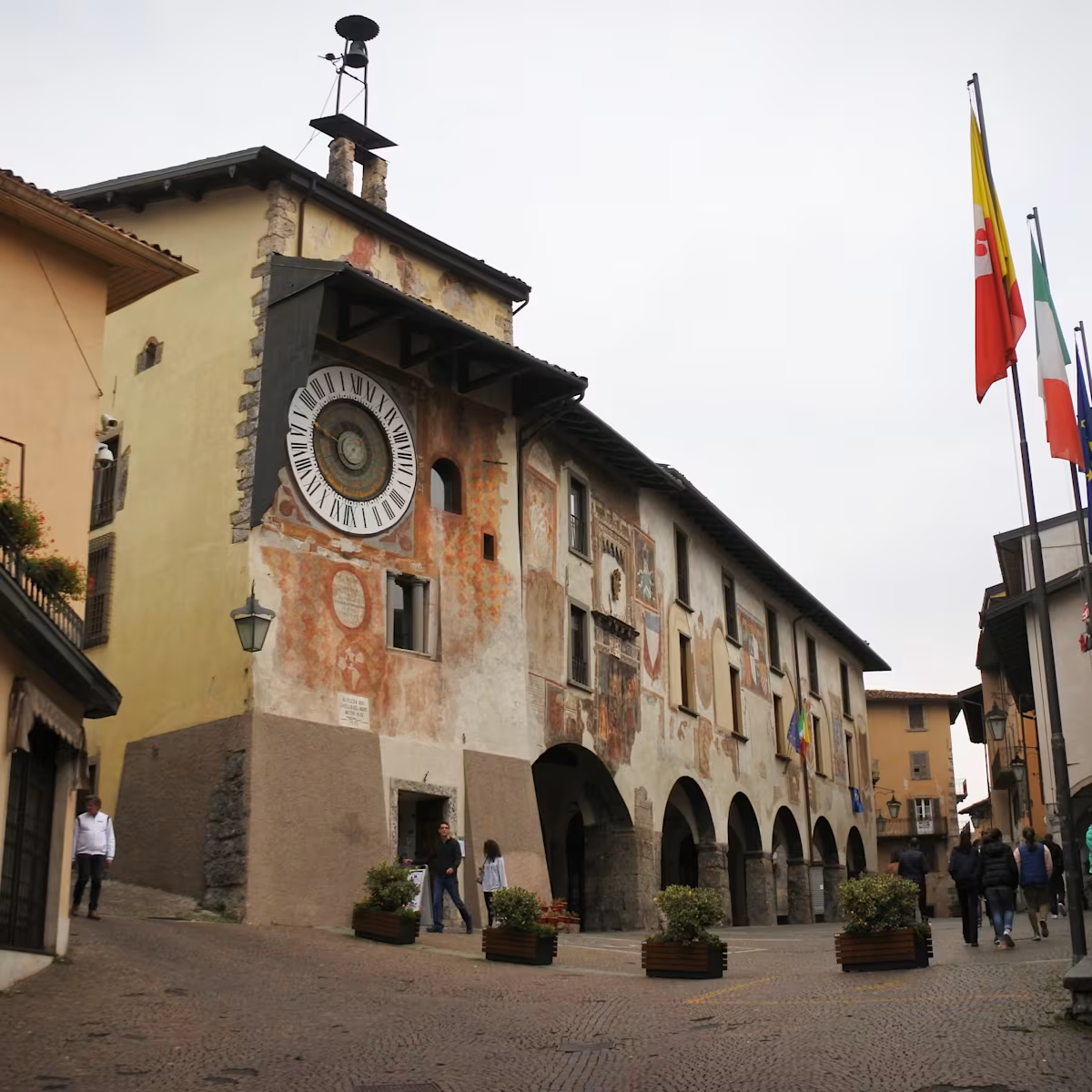
Legrenzi: A forgotten genius full of surprises
In the town of his birth, the Musica Mirabilis ‘Giovanni Legrenzi’ Festival revives the legacy of a composer who links Renaissance polyphony with Baroque drama.


